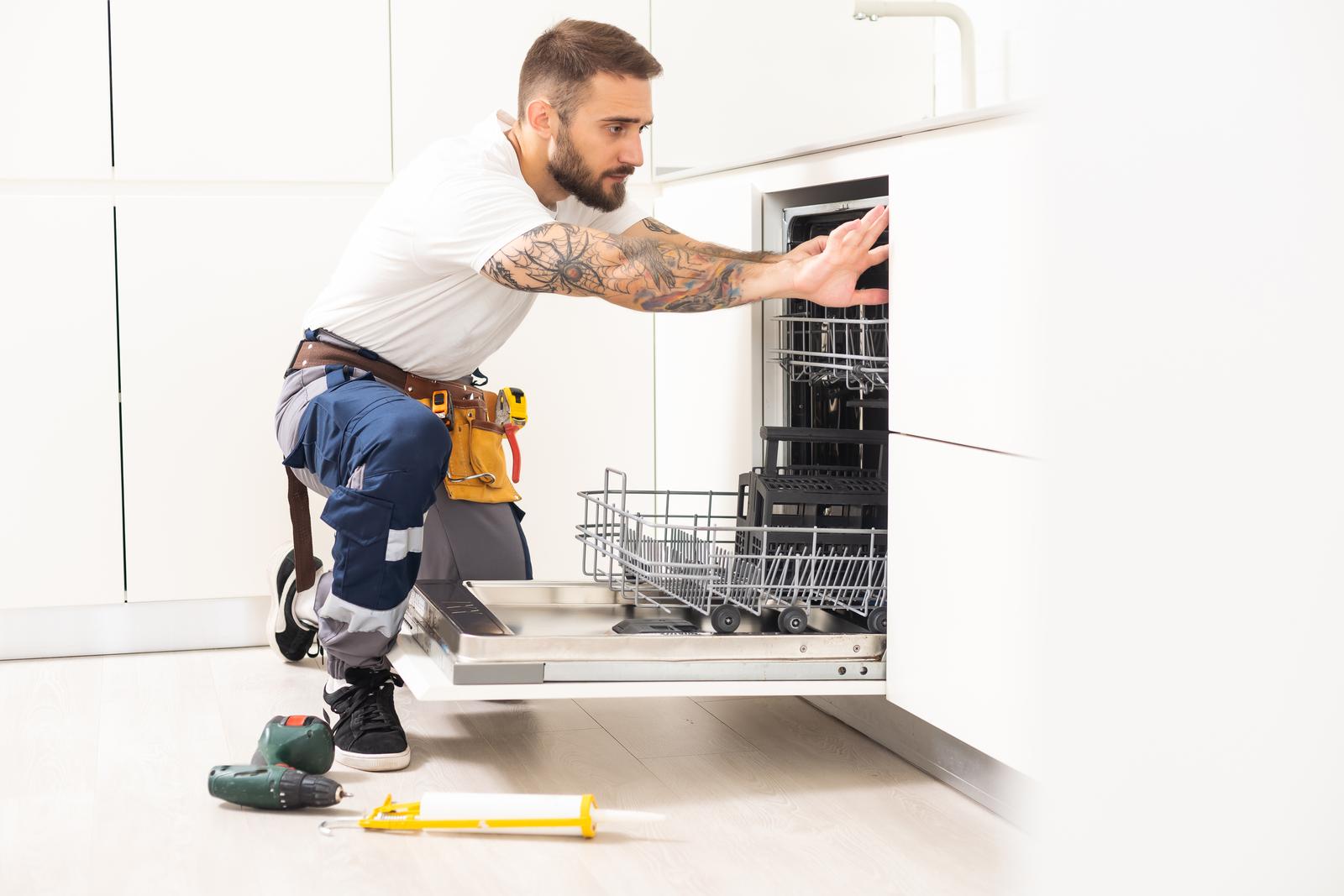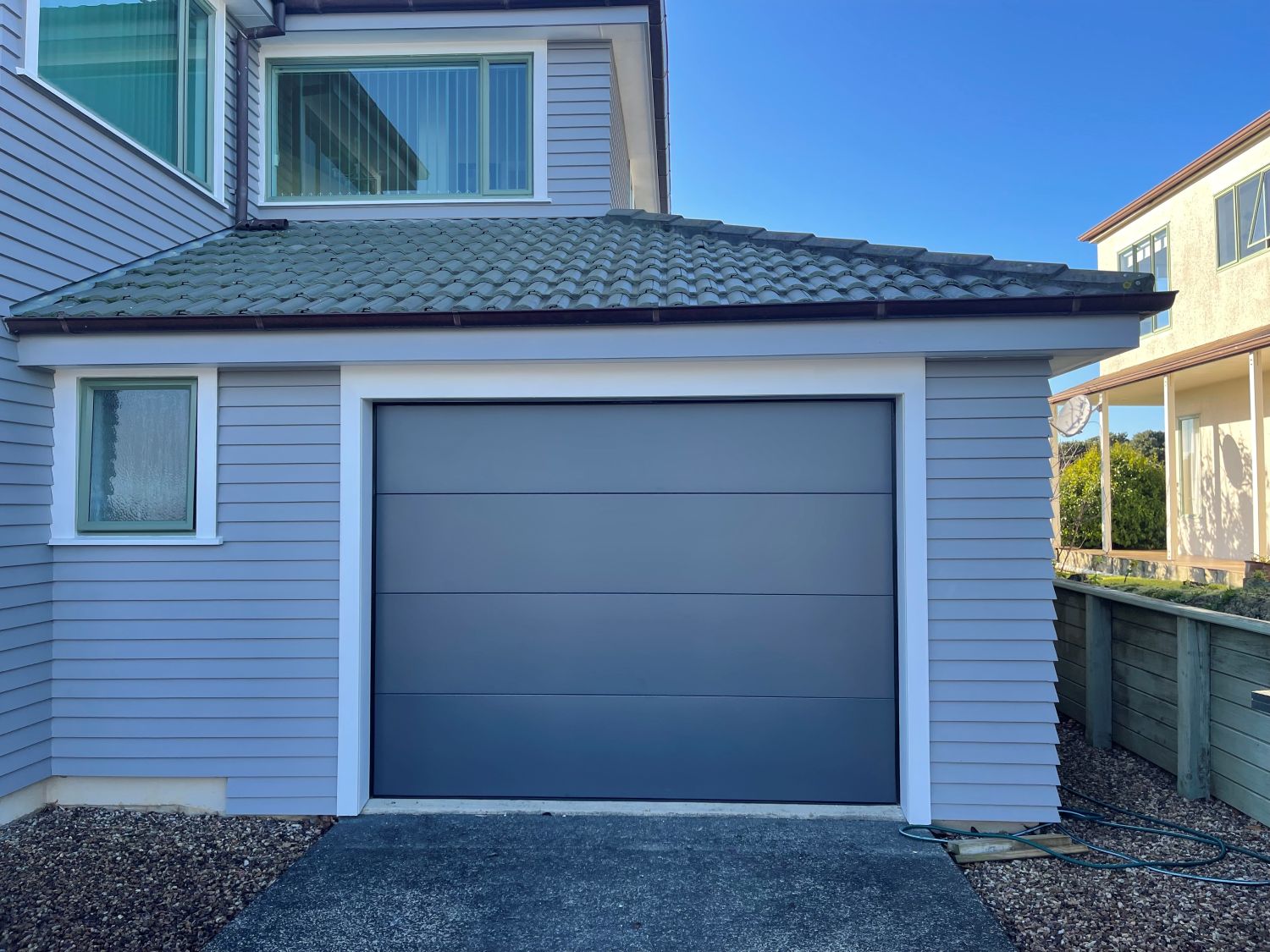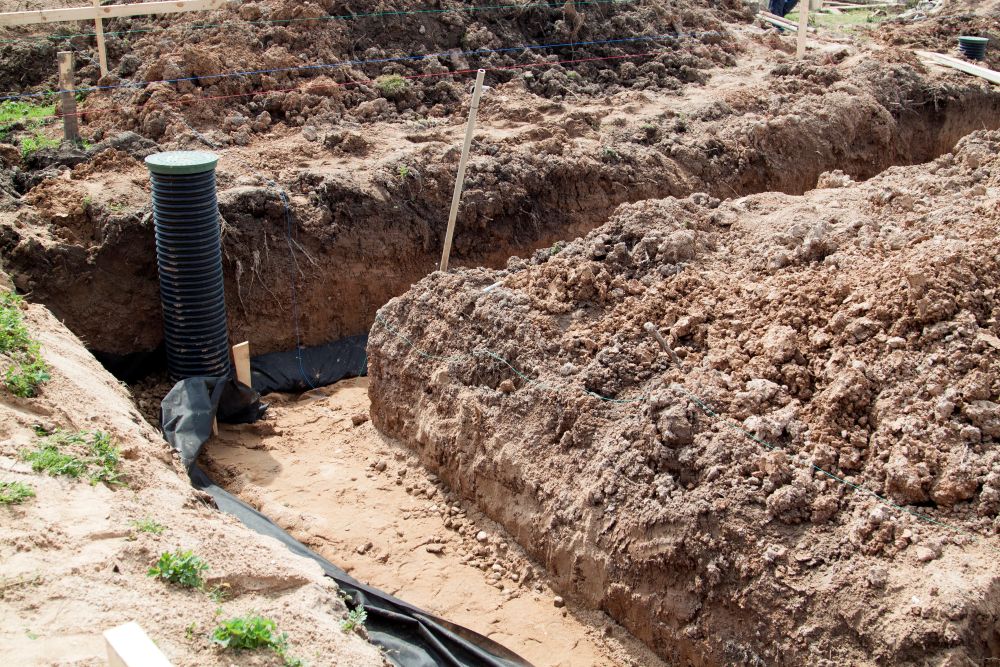When it comes to choosing a plumber for your home or business, there are a few things to consider. Since navigating plumbing challenges can be daunting, this is precisely where the expertise of a skilled plumber becomes invaluable.
Plumbers are well-versed in addressing many plumbing issues, whether it’s fixing leaks, resolving clogs, or undertaking pipe installations and repairs. Understanding the key factors to consider when choosing a plumber ensures that you engage the services of a qualified professional capable of efficiently resolving your plumbing concerns.
Expertise in Plumbing Solutions
Plumbers possess a wealth of knowledge and experience in addressing a diverse range of plumbing issues, providing solutions for everything from routine maintenance to complex installations and repairs.
Training and Qualifications:
Becoming a professional plumber involves rigorous training that spans various aspects of plumbing work. This training is essential due to the intricate nature of plumbing systems and the potential challenges associated with the trade.
Ensuring Safety:
Ensuring safety in plumbing work is paramount due to the inherent risks of handling plumbing systems. Professional plumbers, with extensive training and experience, are well-versed in implementing various safety measures to mitigate potential hazards and create a secure working environment. Here’s a more detailed exploration of the safety considerations in plumbing:
Knowledge of Hazardous Materials:
Qualified plumbers are knowledgeable about the various materials and substances they may encounter in plumbing systems, some of which can be hazardous. This includes understanding the risks of sewage, chemicals, and other potentially harmful substances commonly found in plumbing work.
Proper Use of Tools and Equipment:
Plumbers use a variety of tools and equipment in their work, and proper usage is crucial for safety. They are trained to handle tools effectively, minimising the risk of injuries and ensuring the job is carried out efficiently.
Protective Gear:
Professional plumbers prioritise personal protective equipment (PPE) to safeguard themselves from potential harm. This may include wearing gloves, safety glasses, hard hats, and other protective gear, depending on the nature of the plumbing task.

Preventing Water Damage:
Plumbing work often involves dealing with water, and preventing water damage is a crucial safety concern. Plumbers take measures to contain water, use appropriate drainage systems, and implement safeguards to avoid flooding or structural damage during their work.
Understanding Electrical Hazards:
Plumbing systems can be closely intertwined with electrical components. A qualified plumber is aware of electrical hazards and takes precautions to avoid accidental contact with live wires or electrical appliances, ensuring a safe working environment.
Gas Safety:
Plumbers are trained to handle gas safely when gas lines are involved, such as in water heater installations or repairs. This includes checking for gas leaks, ensuring proper ventilation, and following protocols to prevent gas-related accidents.
Adherence to Industry Standards:
Professional plumbers adhere to industry standards and codes designed to ensure safety. This includes following guidelines for installations, repairs, and maintenance to meet safety regulations and protect both the plumber and the occupants of the property.
Emergency Preparedness:
While preventive measures are crucial, qualified plumbers are also trained to handle emergencies effectively. This includes knowing how to respond to unexpected situations, such as sudden leaks, gas issues, or other potential crises, with the goal of minimising risks and ensuring the safety of everyone involved.
Job Site Organisation and Cleanliness:
Plumbers maintain a well-organised and clean work environment. This not only contributes to efficiency but also reduces the risk of slips, trips, and falls, promoting overall safety during the plumbing job.
In summary, safety is a top priority for professional plumbers. Their knowledge, experience, and commitment to following safety protocols ensure that plumbing tasks are executed with minimal risk of accidents. By engaging a seasoned plumber, you not only benefit from their plumbing expertise but also from the assurance that the job will be conducted safely and securely.
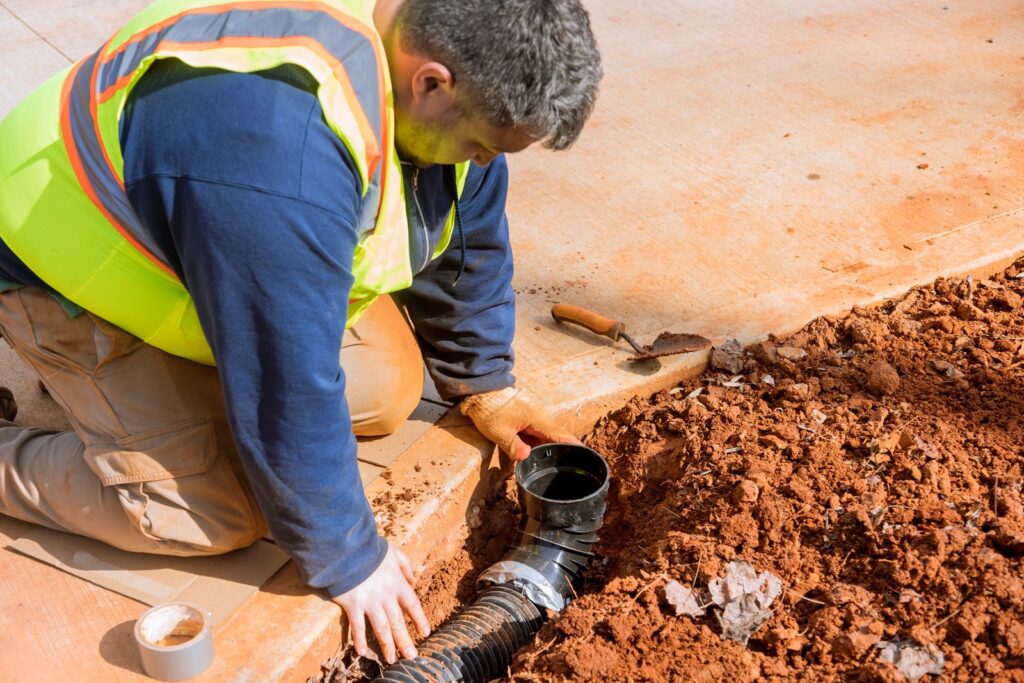
Choosing a Trusted Professional
When seeking a reliable plumber, consider the services offered by reputable professionals in your area. Investigate their track record and explore the offerings of local plumbers in your area who are known for their proficiency in handling various plumbing issues.
Here are some examples:
Comprehensive Company Portfolio:
To gain insights into a plumber’s capabilities, review their company portfolio. This provides a comprehensive overview of the areas they specialise in, giving you confidence in their ability to address your specific plumbing needs.
Considerations Before Hiring:
Before finalising your decision, just like with choosing an electrician, create a checklist of essential criteria. This might include verifying their certifications, seeking references from previous clients, and ensuring the plumber has experience in handling the type of plumbing issue you need assistance with.
Transparent Pricing and Estimates:
Request a detailed estimate that outlines all potential costs, ensuring transparency in pricing and preventing any unexpected expenses from arising during or after the plumbing job.
Prompt Response and Availability:
Choose a plumber who responds promptly to inquiries and can address your plumbing issues within a reasonable timeframe.
Warranty or Guarantee:
Inquire about any warranty or guarantee offered for the plumbing work performed. A confident plumber stands behind their services, providing assurance of the quality of their work.
Local Code Compliance:
Verify that the plumber is well-acquainted with local plumbing codes and regulations, ensuring compliance with the necessary standards.
Equipped with Modern Technology:
A proficient plumber should be well-equipped with the latest tools and stay abreast of modern plumbing technologies for efficient and effective solutions.
Portfolio of Past Projects:
Review the plumber’s portfolio or request examples of their past projects to assess their craftsmanship and problem-solving skills.
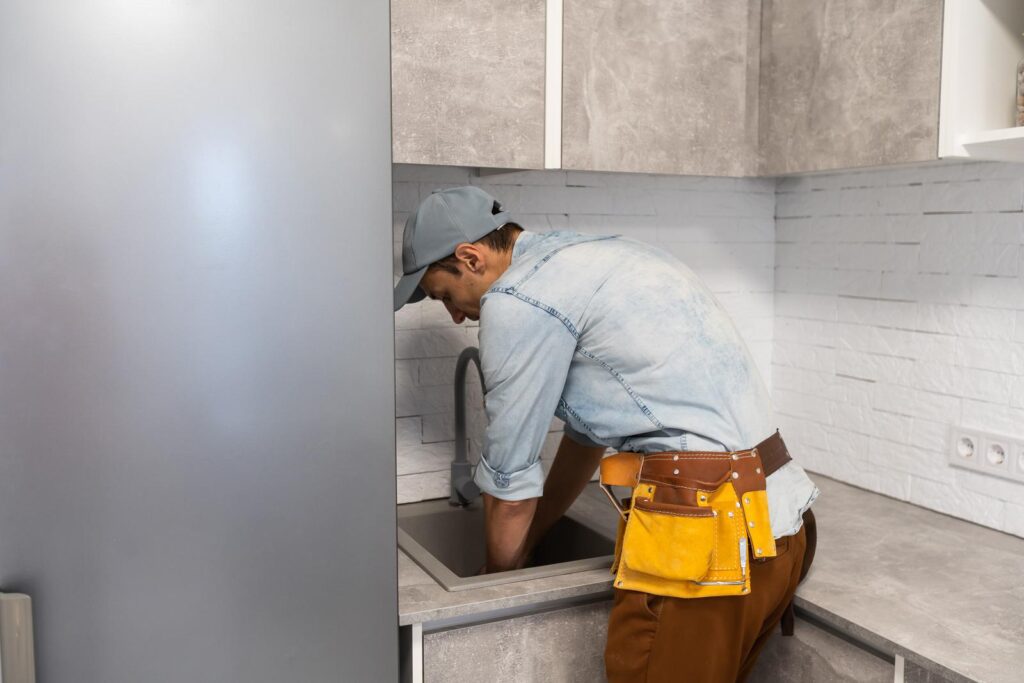
At The End Of The Day
Taking the time to consider these factors will empower you to make an informed decision when selecting a plumber in New Zealand. By prioritising these elements, you not only ensure a safe and efficient resolution of your plumbing issues but also establish a reliable partnership for your plumbing needs.
It’s about making the right choice for a dependable ally in handling the intricacies of your plumbing systems.
Why not read our article on How to recognise a plumbing emergency so you know when you will need to call a plumber in too.
